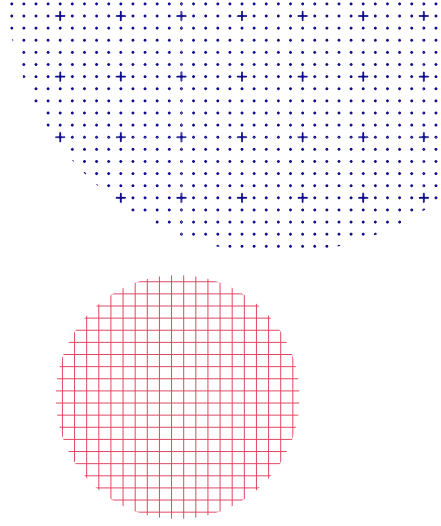Share the page
Increasing access to financing for micro-entrepreneurs in Kosovo
Project


-
Signature date
-
-
Location
-
Kosovo
-
Financing tool
-
Financing amount (Euro)
-
5000000
-
Financing details
-
EUR 5m loan
-
Customer
-
Kreditimi Rural I Kosovës LLC
-
Type of customer
-
Microfinance
-
Country of headquarters
-
Kosovo
-
Project number
-
PXK1003
-
Environmental and social ranking
-
IF-C
This information is given at the time of signature, without prejudice to any developments in the operation/project.
Proparco has allocated a loan to the microfinance institution Kreditimi Rural I Kosovës to support its financing activity for micro-entrepreneurs in the country, especially in the agriculture sector.
Client presentation
Kreditimi Rural i Kosovës (KRK) is a project launched in 2000 by the NGO ADIE International, called the Rural Finance Program of Kosovo (RFPK). Through ADIE, AFD and the European Agency for Reconstruction have contributed to its financing. In 2003, the project took the form of a microfinance institution (MFI), when the new regulations on financial institutions came into force in Kosovo. It is authorized by the Central Bank of the Republic of Kosovo (CBK), with a status as a limited liability company since 2004. Its shareholding structure has remained unchanged since 2008: EFSE 42%, FMO 29%, SIDI 17%, Crédit Coopératif 11%. The institution offers financial services to micro-entrepreneurs and SMEs, with a focus on the agriculture sector which accounts for 30% of the total portfolio. It mainly operates in rural areas, which account for 65% of total loans. It also offers special “agri loans” which it aims to develop through the expertise of its staff in agricultural issues. The MFI serves 23,423 borrowers, 21% of whom are women, and has a portfolio of EUR 70m deployed via a network of 27 branches with 258 employees. It does not collect deposits. The average loan amount is EUR 2,975 and the maximum EUR 25,000. At year-end 2023, client loans made up 91.9% of the balance sheet and cash resources accounted for 8%.
Project description
The project involves a EUR 5m senior credit line to KRK, a microfinance institution in Kosovo, to finance the development of its loan portfolio. KRK is experiencing strong growth in its lending activity and is seeking to diversify its sources of financing by bringing a new DFI into its pool of lenders, which comprised EBRD, IFC, EFSE, as well as microfinance investment vehicles (MIVs), at year-end 2023.
Proparco’s financing aims to support the continued growth in KRK’s activity for smallholder farmers and micro-borrowers in Kosovo.
Project impact
The main expected impacts of this financing are as follows:
- Support for 21 jobs in the MFI over the next 5 years, including the creation of 4 additional jobs, and more than 1,000 indirect jobs with its borrowers
- Support for the allocation of microcredits for some 1,700 micro-borrowers over the next 5 years
The project will thereby contribute to the achievement of SDG 1 “No poverty”, SDG 8 “Decent work and economic growth” and SDG 10 “Reduced inequalities”.


